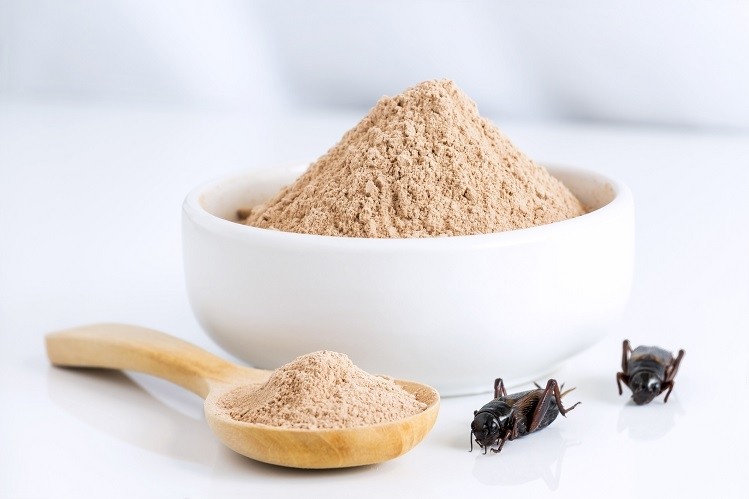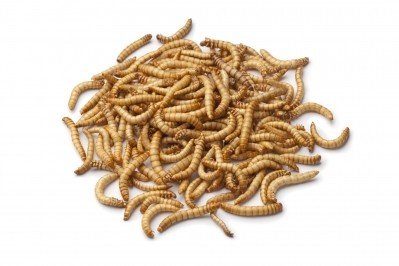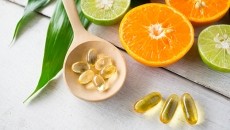Cricket powder a ‘good source of protein, fat, minerals, fiber,’ say Polish researchers

They found from three randomly selected samples on the market that cricket powders “contained a significant amount of protein, fat, fiber, and minerals.”
The researchers, affiliated with the Poznan University of Life Sciences and the Medical University of Lublin, tested three unnamed samples of cricket powders online. Two of the products came from crickets raised in Thailand, while the third came from crickets raised in Canada. All were advertised as supplements and were available on the English market.
“They may become a valuable food ingredient for different food products,” they reported in their study, published in the journal Food Chemistry.
Additionally, the researchers wrote that the high mineral content of cricket powder could make it an additive in products targeted at people suffering from coeliac disease.
Because many minerals are fortified into wheat products, “this group of consumers is especially vulnerable in terms of proper diet balance including adequate supply of minerals,” they wrote, referencing a 2018 study published in Nutrients.
Nutritional values
The researchers studied the cricket powders’ nutritional values using a variety of methods including chemical assays, enzymatic methods, and spectroscopy.
Protein was the dominant constituent for all the powders, ranging from 42% to 45.8% across all samples. The second dominant constituent was fat, which ranged from 23.6% of total weight in the sample with the least fat to 29.1% in the sample with the most fat.
For carbohydrates, the researchers noted that dietary fiber ranged between 2.9% to 6.4% across samples.
For mineral content, they found that in 100 g of the products, the calcium content was 139–218 mg, potassium 826–1224 mg, magnesium 86–113 mg, sodium 263–312 mg, copper 2.33–4.51 mg, iron 4.06–5.99 mg, managnese 4.1–12.5 mg and zinc 12.8–21.8 mg
Proximate composition of crickets depends on its origin, stage of life, sex and feed, they explained. For example, crickets are richest in fat during the larval stage. “This results in diversified nutritional value of cricket powders,” according to the researchers.
Source: Food Chemistry
Published online ahead of print, https://www.sciencedirect.com/science/article/pii/S0308814619305394
Nutritional value, protein and peptide composition of edible cricket powders
Authors: Magdalena Montowska, et al.















